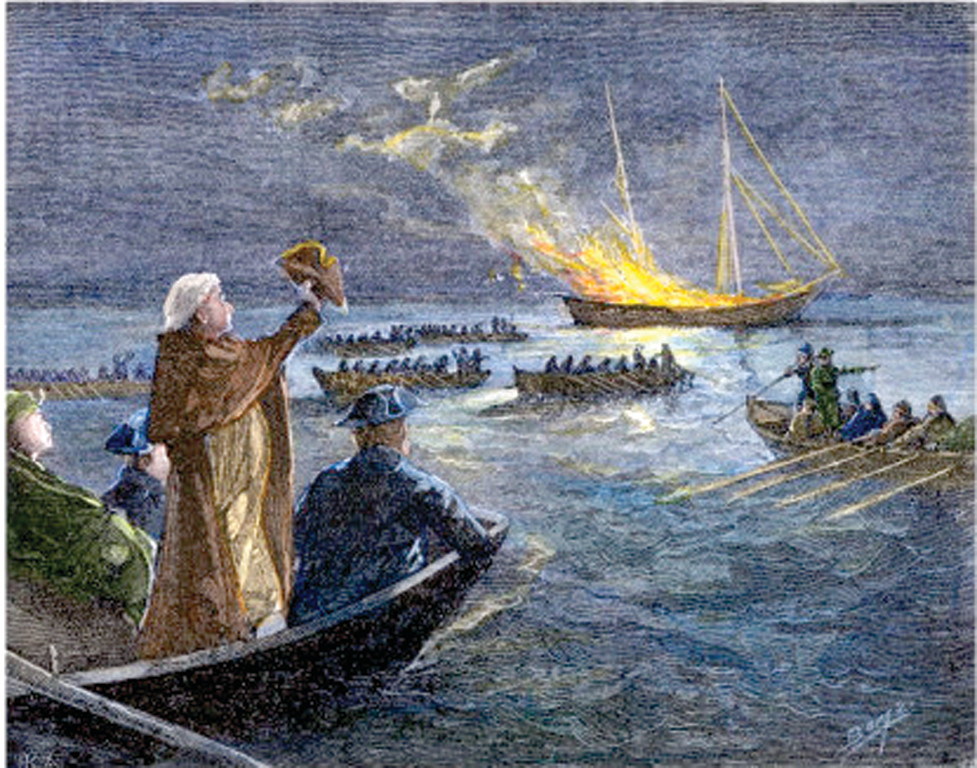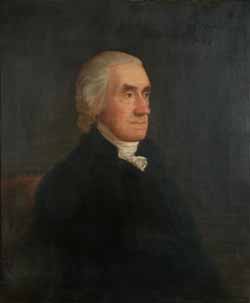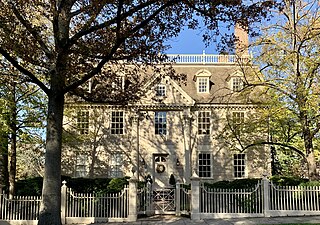Simeon Potter and Rhode Island’s Army of Observation
So Potter appealed to an even higher court: the Privy Council in London.
According to Bruce Campbell MacGunnigle, who published the surviving record of this case in the Rhode Island Historical Society’s journal in 2006:
Usher won again, but under the condition that [he] come to England to collect [the judgement]. As Usher couldn’t afford the voyage, Potter never paid a cent.Clifford K. Shipton likewise reported that Usher never collected any damages.
Capt. Potter continued to command respect in his home town of Bristol because of his wealth. He continued to serve in public offices. Usher continued to be the minister of St. Michael’s Church in the same neighborhood.
In 1772 Potter personally helped to attack H.M.S. Gaspee. When the Crown started an inquiry and found some witnesses, the captain apparently leaned on people to ensure he wasn’t identified. That whole affair seems to have made him only more popular.
At the end of 1774, Rhode Island made Potter the first major general of its militia forces. He looked like the right man to stand up to the Crown. By then people knew he was violent, possessive, and extremely stubborn—but those were pluses. Nobody could make Simeon Potter do what he didn’t want to do.
Come spring, Simeon Potter didn’t want to fight in the Revolutionary War.
On the evening of 19 April, according to American newspapers, Continental Congress delegate Stephen Hopkins wrote to Potter, calling on him to report to Providence in his capacity as major general; “The King’s troops are actually engaged butchering and destroying our brethren in the most inhuman manner, the inhabitants oppose them with great zeal and courage.”
Potter stayed home. In Beggarman, Spy: The Secret Life and Times of Israel Potter, David Chacko and Alexander Kulcsar wrote that Potter “claimed to have received a letter from the commanding general of the Massachusetts Militia telling him that no troops were needed,” but I can’t trace that reference and don’t trust the claim.
By 22 April Rhode Island’s legislature, having sidelined Gov. Joseph Wanton, was voting to form an “army of observation” which might march into Massachusetts. But the government had no one to lead those men.
TOMORROW: Finding a general.

















